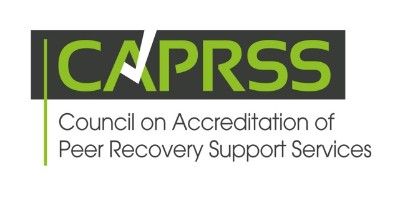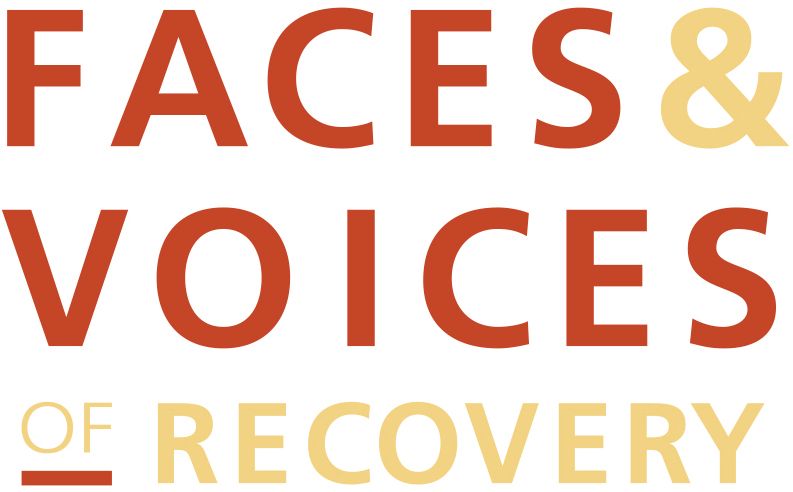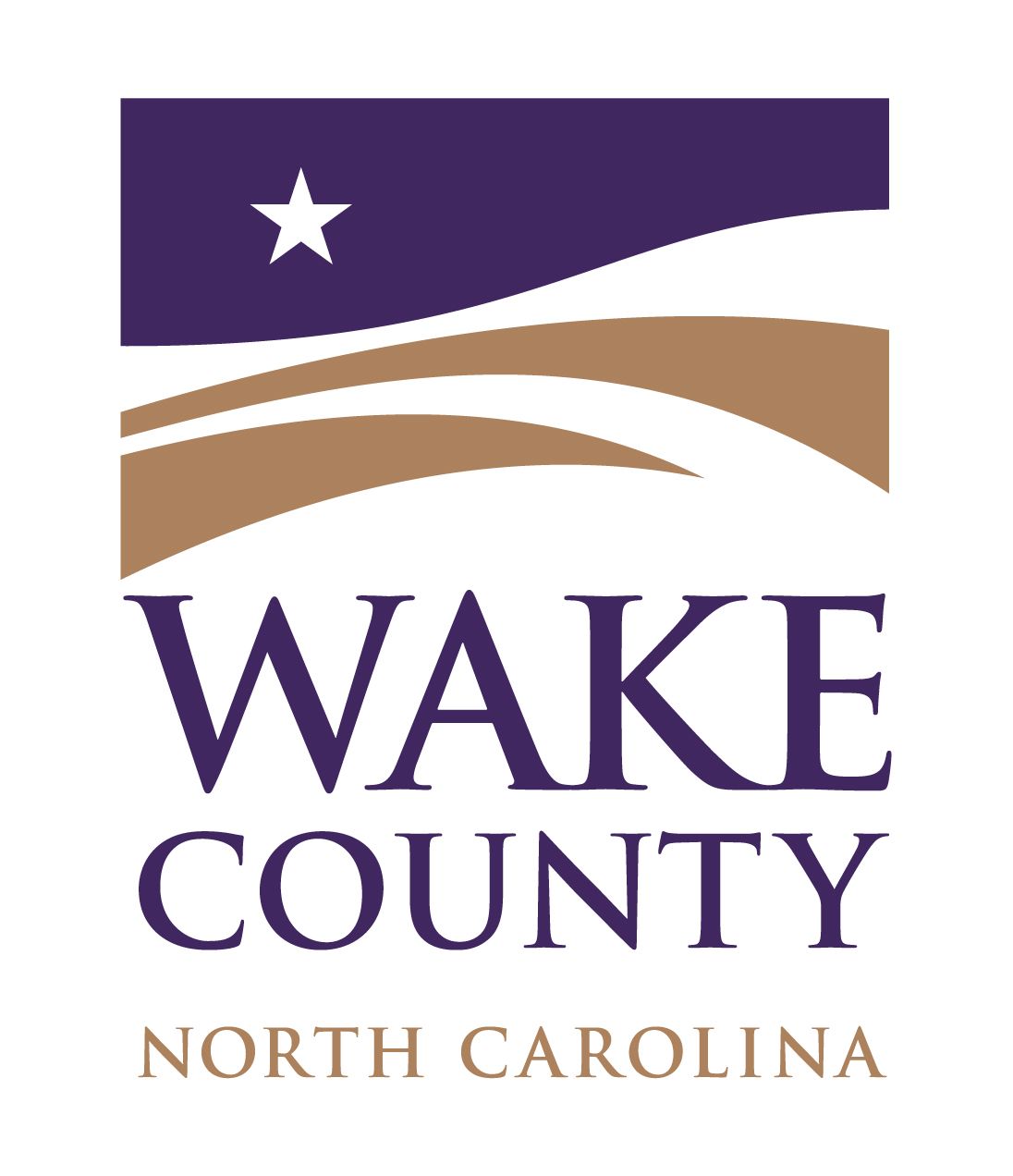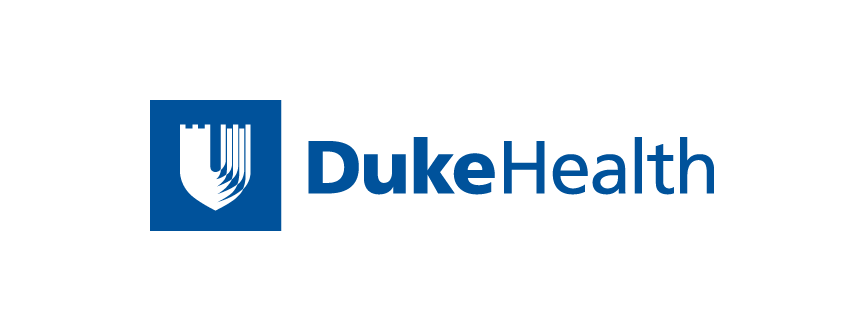REMOVING THE SHACKLES OF ADDICTION: HOW TO SUPPORT RECOVERY BEHIND BARS
Of the 2.3 million inmates currently serving sentences in American prisons, more than 50% have a history of substance use disorder. Access to drugs in prison is immediate via extensive trafficking operations that exist in most prisons. Drugs are smuggled in to correctional facilities through the mail, by visitors, and other means. As a result of the negative environment, open access to drugs and lack of supportive resources, there are few incentives for an inmate to enter and sustain recovery from substance use disorder. This poses a dilemma that has many prisons caught in a struggle between working with inmates by providing recovery supports and meeting budgetary constraints.
This workshop is adapted from SMART Recovery and Recovery Place programs and teaches participants how to work with inmates who are seeking or are in recovery to stay the course, to enter and maintain recovery in an environment whose culture is to self-medicate. Participants will learn the deeper level challenges those who are incarcerated face when trying to maintain their recovery, what entry points providers of recovery supports should approach when seeking to bring a program to a correctional facility, who are the allies for incarceration recovery in law enforcement, the courts and the community.
The workshop will guide participants in how to work with those behind bars so that they are able to sustain recovery over the long term. The program provides the following benefits for those who are on the “inside”.
- Teaches self-empowerment and self-reliance.
- Normalizes feelings of isolation, loneliness, fear as being part human emotions and feelings when in a restrictive environment.
- Provides meetings that are educational, supportive and include open discussions.
- Encourages individuals to recover from addiction and alcohol abuse and live satisfying lives.
- Teaches techniques for self-directed change.
- Supports the scientifically informed use of psychological treatments and legally prescribed psychiatric and addiction medication.
This workshop is free. Donations are welcome.
Your RCNC Facilitator
Troy Manns serves as RCNCs Statewide Manager of Advocacy and Education. He is highly respected in the addiction and recovery fields and spends his life working to remove barriers to recovery for people in addiction and/or short-term recovery; supporting their family members and allies and working to educate those in high places to understand the impact of both addiction and recovery on individuals, families, communities, society and the workplace. Troy is well known throughout North Carolina for his creation of an evidence-based Peer Support Recovery Program for male inmates who seek recovery or wish to maintain it. He saw a gap in services for this population and decided he was going to create opportunities to fill the gap.
His brainchild, “Foundations for Hope (f4H)” facilitated at the Orange County Detention Center and partnering with “Josh’s Hope Foundation” speaks to Troy’s ability to convince state and local decision makers including the Orange County Sheriff’s Department, Judges, Drug Court personnel and other State officials that those with substance use disorders can and do recover. His experience and commitment to helping people change their lives and experience resiliency in recovery is noteworthy. Troy is highly respected in the addiction and recovery fields and spends his life working to remove barriers to recovery for people in addiction and/or short-term recovery; supporting their family members and allies and working to educate those in high places to understand the impact of both addiction and recovery on individuals, families, communities, society and the workplace.
For more information, email us at info@rcnc.org.









